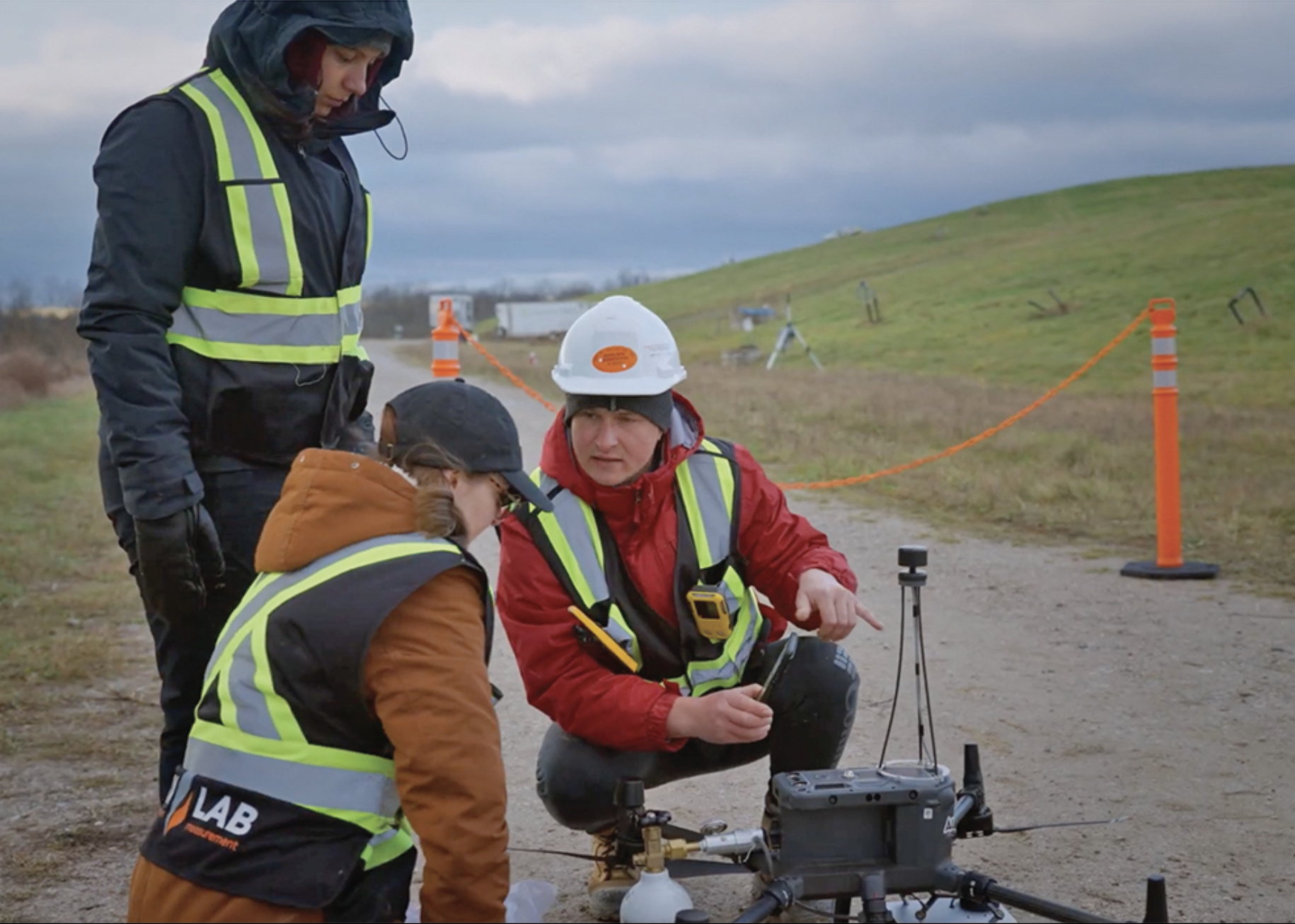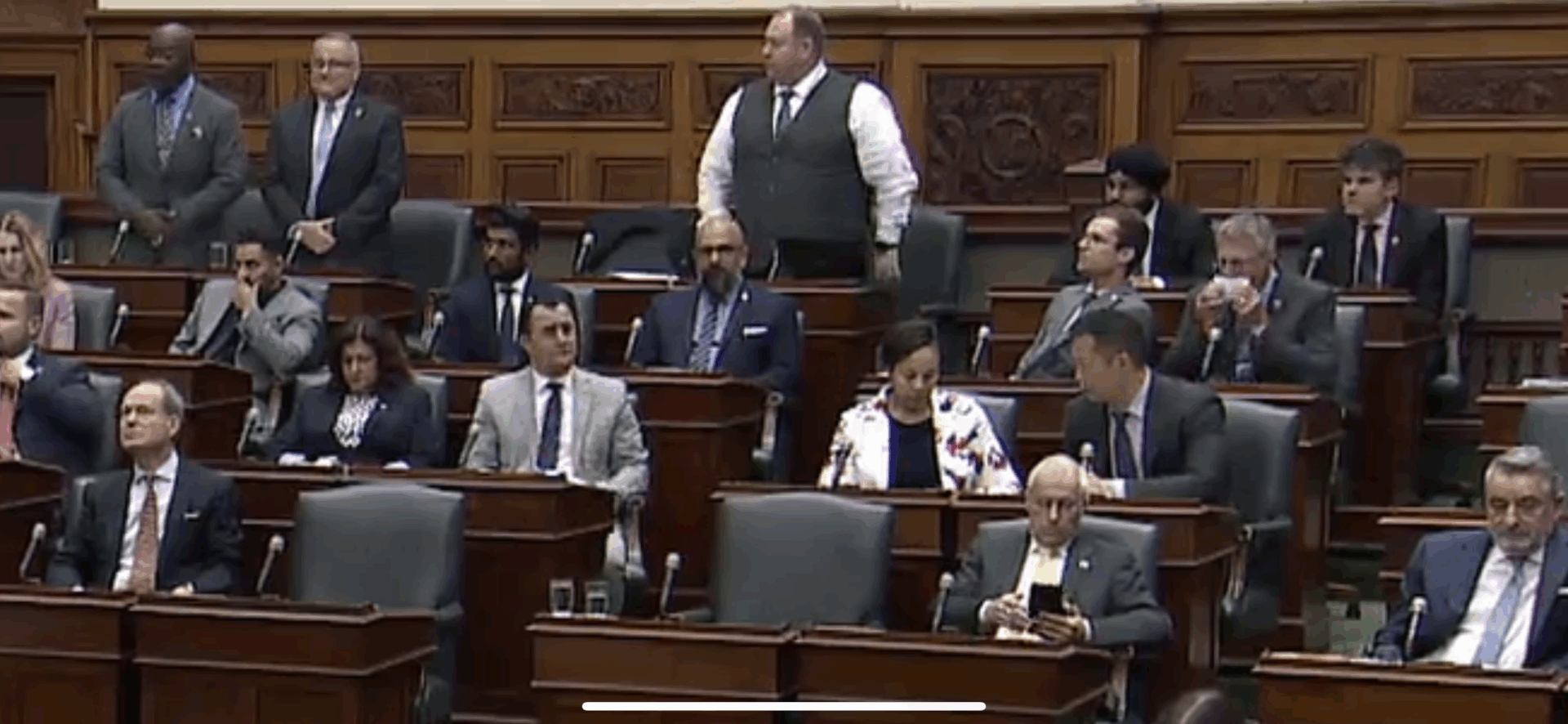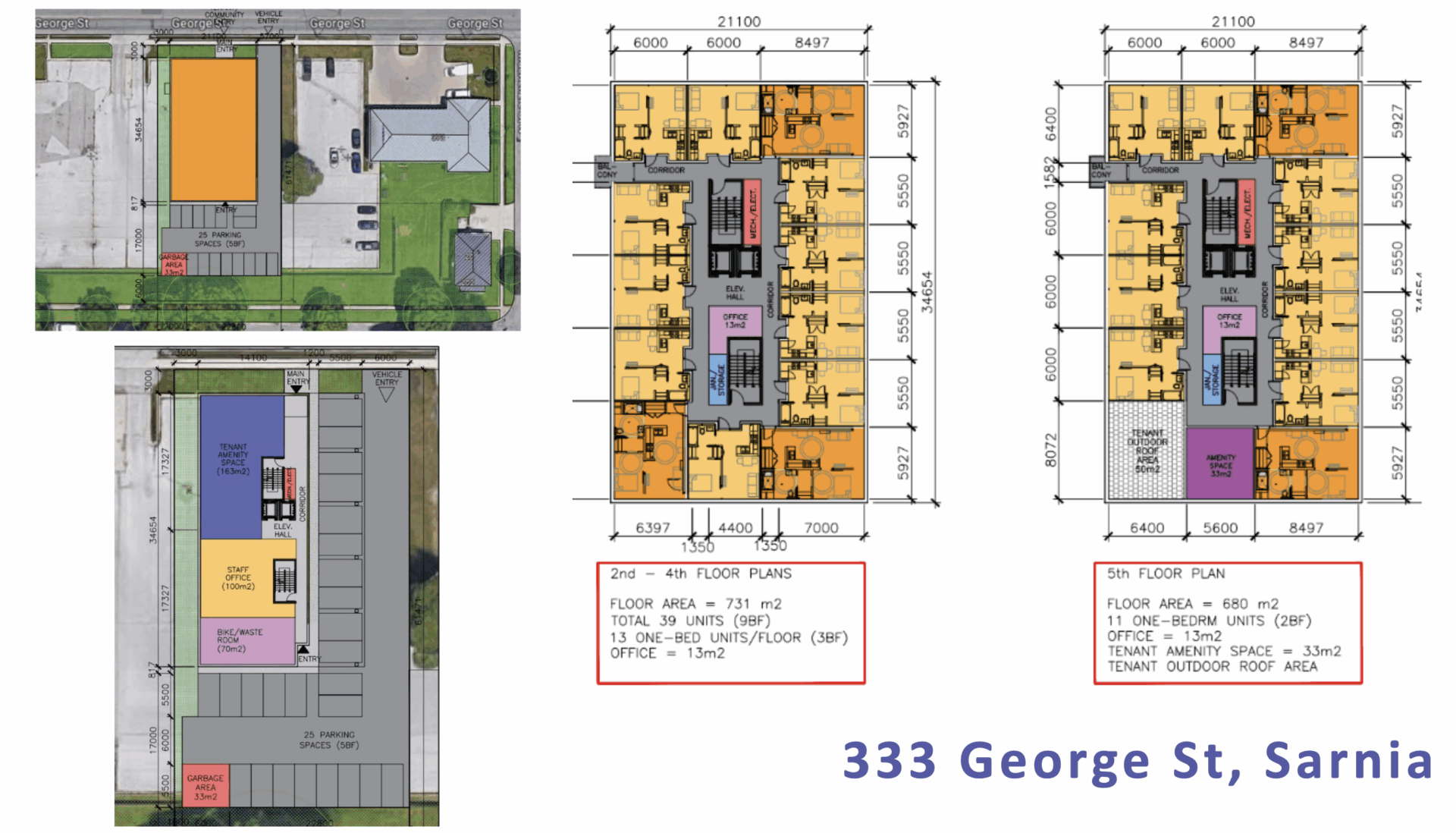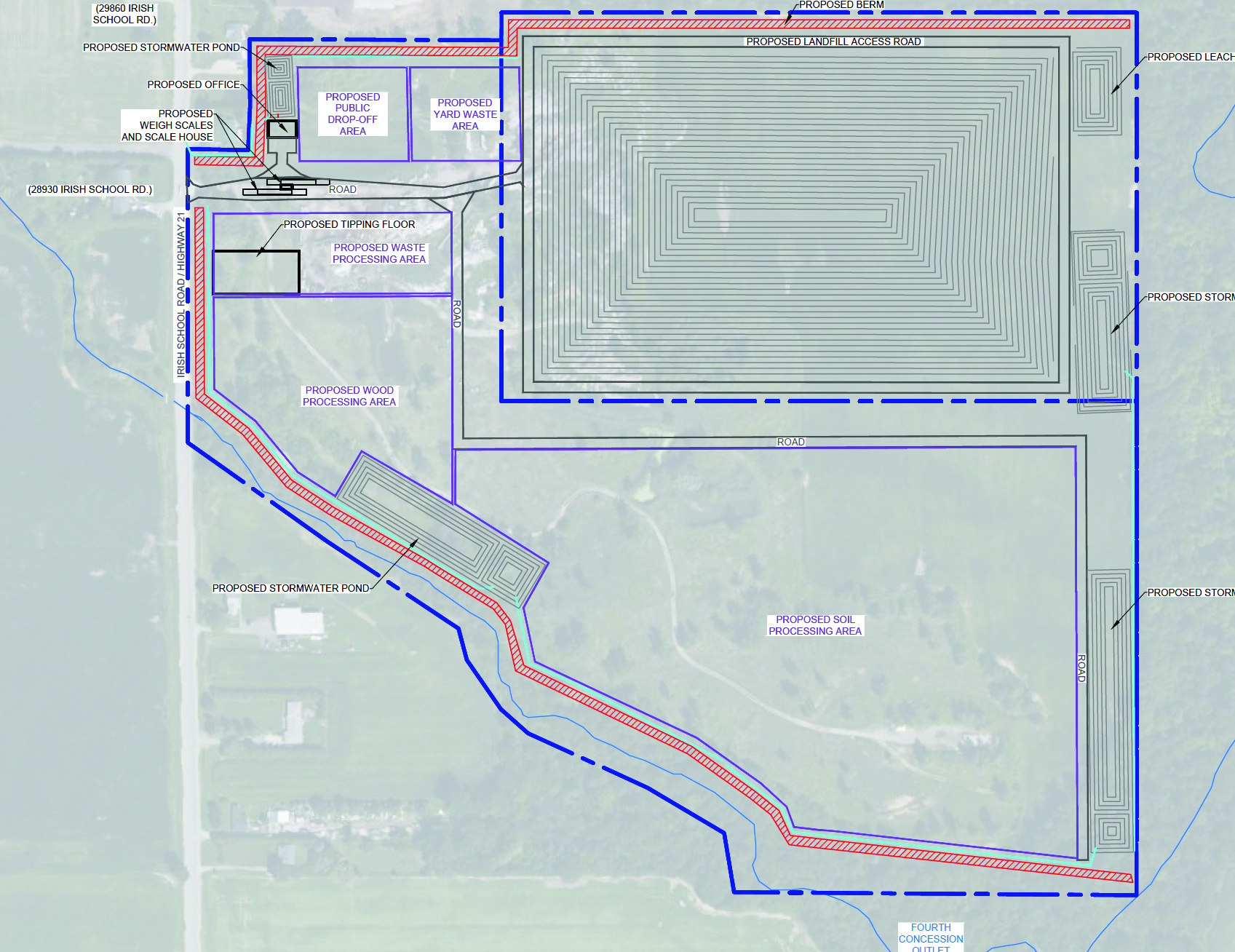Bill which fast tracks development of Dresden dump passes

Methane collection ‘Olympic trials’ on at Petrolia landfill
June 3, 2025
Heather Wright/The Independent
You may not know it but the methane measuring Olympics are taking place in Petrolia.
That’s basically what St. Francis Xavier University is doing at the WM site on Oil Heritage Road. Dr. David Risk says scientists from around the world have been converging on the now closed landfill to find the best way to test for methane gas releases.
WM collects the methane produced at the site and uses it at its energy from waste plant on site. It produces enough power for about 2,500 homes. Risk says its one of the best methane from waste projects around.
“WM installed a really impermeable cap on the landfill and membrane. That effectively keeps some of the gasses in where they can be collected by these wells or plastic tubes that they drill down into the into the waste stack, and then, pull all those gasses over to the electricity generation facility,” says Risk.
“It’s one of the tightest landfills that we know of, where it has a great cap system and a really great collection system.”
That makes it perfect for running tests on methane detection equipment. “We’re generating some controlled releases for measurement that service providers try to measure,” Risk says. “We want to do that on a site that’s not emitting, so that we know that the emissions that they’re measuring come from our experiments.”
Risk says there has been a lot of interest in the project since many countries want to update their standards on landfill emissions as well as capturing more of the methane which leads to environmental damage.
Companies specializing in landfill measurement equipment have been at the site in the last month testing different equipment.
“They’ve come from 10 countries. Most of them are North American but we have quite a bit of international participation as well.
“And they’re using different types of trucks, or today, there’s an aircraft up in the sky as well, buzzing around. And our drones, a lot of drones, and different types of tripod systems,” says Risk.
“They’re using all this different type of technology to prove that they can measure emissions better than others. So it’s a little bit like an Olympic trial, if you want to think about it that way.”
And those “Olympic trials” will lead to more than just medals.
“It helps us identify the measurement technologies that the regulators might want to prescribe in the future, and ones that would really help us manage methane and emissions and odour problem at landfills,” Risk says.
“There’s a lot of tech that’s been developed, especially for oil and gas. Oil and gas has been managing emissions in a very serious way for about a decade in Canada and US as well. So we have a lot of these derivative technologies that are now being used in landfills trying to figure out which works the best.”
And that could lead to better landfills across the country and around the world, Risk hopes.
“There are about 250 really larger size landfills in Canada that should have collection systems, and about half of them do right now. And so here’s interest at the federal level to make these collection systems a requirement for all landfills kind of this size or bigger.
“Measurement is an important part of it as well, because if we install the collection systems, they should be doing something and the way that you find out if they are is just by measuring.”
While the collection of methane helps the environment and creates energy, it can also generate cash for landfill operators, Risk says.
“Right now, there’s a federal credit system the landfill operators can use where any landfill that isn’t currently regulated by the federal government, they could begin to collect gasses and earn carbon credit revenues for those. That’s one option that’s available, and that can be quite lucrative.”
“There are other things that you can do with that gas too. You can push it into the pipelines. That’s happening in Quebec a lot now, because they have a clean fuel, like a renewable gas requirement in their pipeline systems, and then you can also generate electricity from it. So there are different ways to earn,” Risk says.
The project at the WM Twin Creeks Landfill in Watford is a combination of energy creation on site and shipping the methane through pipelines to Enbridge.
Whatever landfill companies do with the methane, Risk says if they capture it, there is a good market to make some cash. “I’m not an expert on the economic side of things, but I know that it really does drive value, potentially for the operator, if it’s a of the landfill, or if it’s municipality, to do the collection.”
The methane detection Olympics are continuing at the Petrolia site until the end of this week.
NEXT
The Independent wins national investigative journalism award
PREVIOUS
Bailey, Pinsonneault not in Legislature as province fast tracks Bill 5

Bill which fast tracks development of Dresden dump passes
June 4, 2025
Read More

Ontario spends $9.2B on private nurses says report
June 4, 2025
Read More

Inwell unveils 50-unit supportive housing project in Sarnia
June 4, 2025
Read More

Path forward for York1 ‘uncertain’ as province pushes to pass Bill 5 this week
June 3, 2025
Read More
